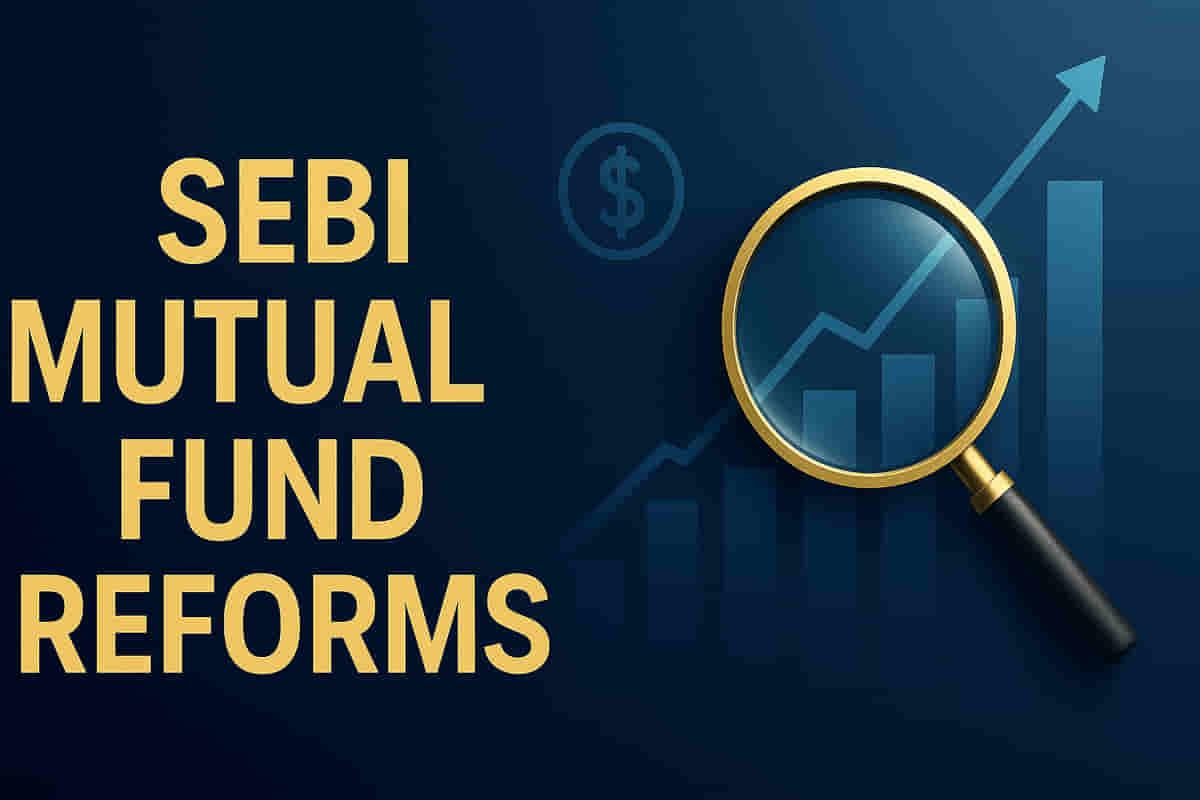SEBI Overhauls Mutual Fund Rules: Lower Costs, Performance-Linked Fees for Investors
Mutual Funds
|
30th October 2025, 4:27 PM

▶
Short Description :
Detailed Coverage :
The Securities and Exchange Board of India (SEBI) is implementing new regulations for mutual funds focused on enhancing transparency and making fees directly related to fund performance.
Key Changes Explained: * **TER Reduction:** Total Expense Ratios (TER) are being reduced by 15-25 basis points (0.15% to 0.25%). This means investors will pay less in annual fees for managing their mutual fund investments. For example, a ₹1 lakh investment at 12% annual return could save ₹1,500-₹2,500 over the long term, with greater benefits for larger portfolios and Systematic Investment Plans (SIPs). * **Performance-Linked Fees:** A significant aspect is linking a portion of fund management fees to how well the fund performs against its benchmark. This aims to align the interests of fund managers with those of investors. * **NFO Costs:** Asset Management Companies (AMCs) will now bear the costs associated with launching New Fund Offers (NFOs). This is expected to reduce the number of marketing-heavy or "gimmicky" NFOs and encourage AMCs to be more selective. * **Cost Clarity:** Taxes like Goods and Services Tax (GST) and Securities Transaction Tax (STT) will be reported separately from the TER, making operating expenses clearer for investors.
Impact: * **For Investors:** Expect a slight improvement in net returns due to lower expenses. The long-term impact of compounded savings from reduced TERs can be substantial, potentially adding thousands to a portfolio over a decade. However, performance-linked fees carry a risk of incentivizing fund managers to chase short-term gains, which might not always be best for long-term, risk-adjusted returns. Beginners might find variable fees complex. * **For AMCs:** The industry might see a slowdown in NFO launches, with AMCs focusing more on existing funds and scaling Assets Under Management (AUM). They may also prioritize passive or low-cost products to maintain margins. There's also a potential risk of mis-selling in smaller markets if distributors push products aggressively to meet volume targets under new commission structures.
Impact Rating: 8/10
Difficult Terms: * **Total Expense Ratio (TER):** The annual fee charged by Asset Management Companies (AMCs) to manage a mutual fund, expressed as a percentage of the fund's assets. * **Basis Points (bps):** A unit of measure used in finance equal to one-hundredth of a percentage point (0.01%). So, 15-25 bps is 0.15%-0.25%. * **Asset Management Companies (AMCs):** Firms that manage mutual funds. * **New Fund Offer (NFO):** The period during which a new mutual fund scheme is open for subscription before it is listed on the stock exchange. * **Systematic Investment Plans (SIPs):** A method of investing a fixed amount of money at regular intervals, typically monthly, into mutual funds. * **Alpha:** A measure of a fund manager's ability to generate returns beyond what is expected based on the risk taken or the market's performance. * **AUM (Assets Under Management):** The total market value of all assets that a financial institution manages on behalf of its clients. * **GST (Goods and Services Tax):** A consumption tax levied on the supply of goods and services. * **STT (Securities Transaction Tax):** A direct tax levied on taxable securities transactions on a stock exchange.